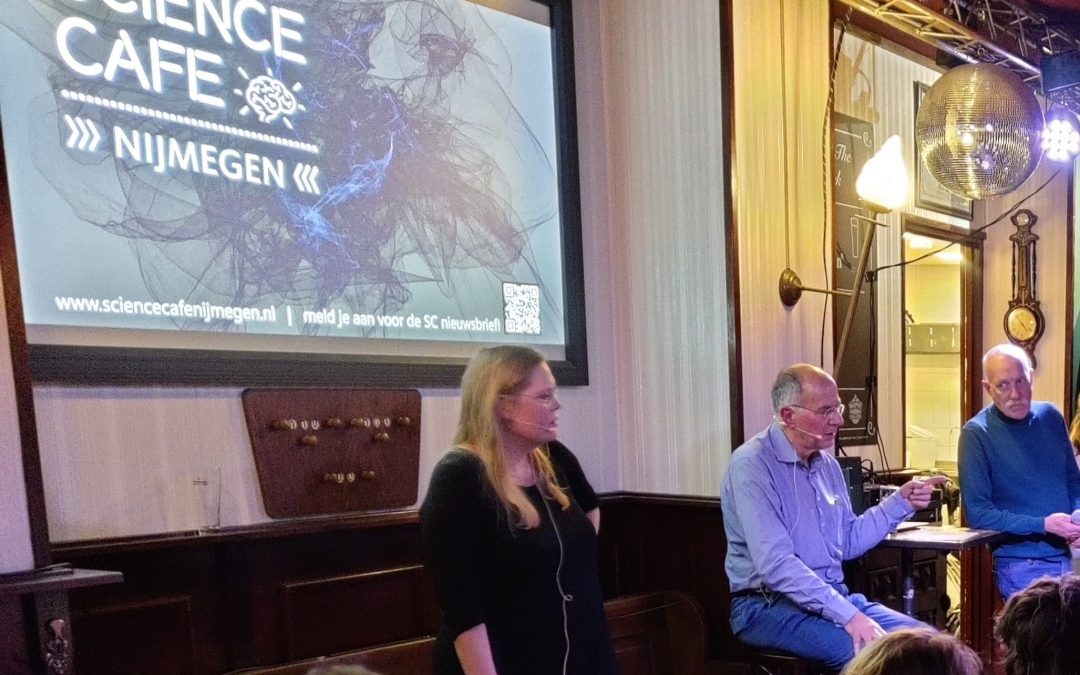Project Summary
Neurodevelopmental conditions, such as autism, attention-deficit hyperactivity disorder (ADHD), and intellectual disability (ID) are clinically heterogeneous, often co-exist and they affect ~15% of the European population. They are also often associated with somatic illnesses (e.g. epilepsy, autoimmune and gastrointestinal disease) which can have a strong impact on the quality of life. The combination of ID and epilepsy in autism, for instance, is associated with a reduction in lifespan of ~ 20 years.
Currently, we lack effective new treatments for neurodevelopmental conditions and do not understand why they co-exist. There is hope, however. Recent evidence shows that certain genetic variants, which increase the risk for neurodevelopmental conditions, are shared between these conditions and affect the same biological pathways. Many of these variants impact synaptic plasticity (activity-dependent modification of synaptic transmission) and glutamate and GABA neurotransmission (i.e. excitatory and inhibitory (E/I) balance). The symptom profile and severity are likely also moderated by environmental factors acting at different time points (critical periods). Therefore, we are also investigating the role of early maternal immune activation and the gut microbiome. The interaction between host genetics and gut microbiome could clarify why carrying certain risk-conferring genetic variants only explains a part of the different symptom spectra that we see in neurodevelopmental conditions.
Our overall goal is to improve the understanding of the crosstalk between genetics, immune activation/ inflammation, and microbiome, and thereby provide a compelling novel conceptual framework to:



